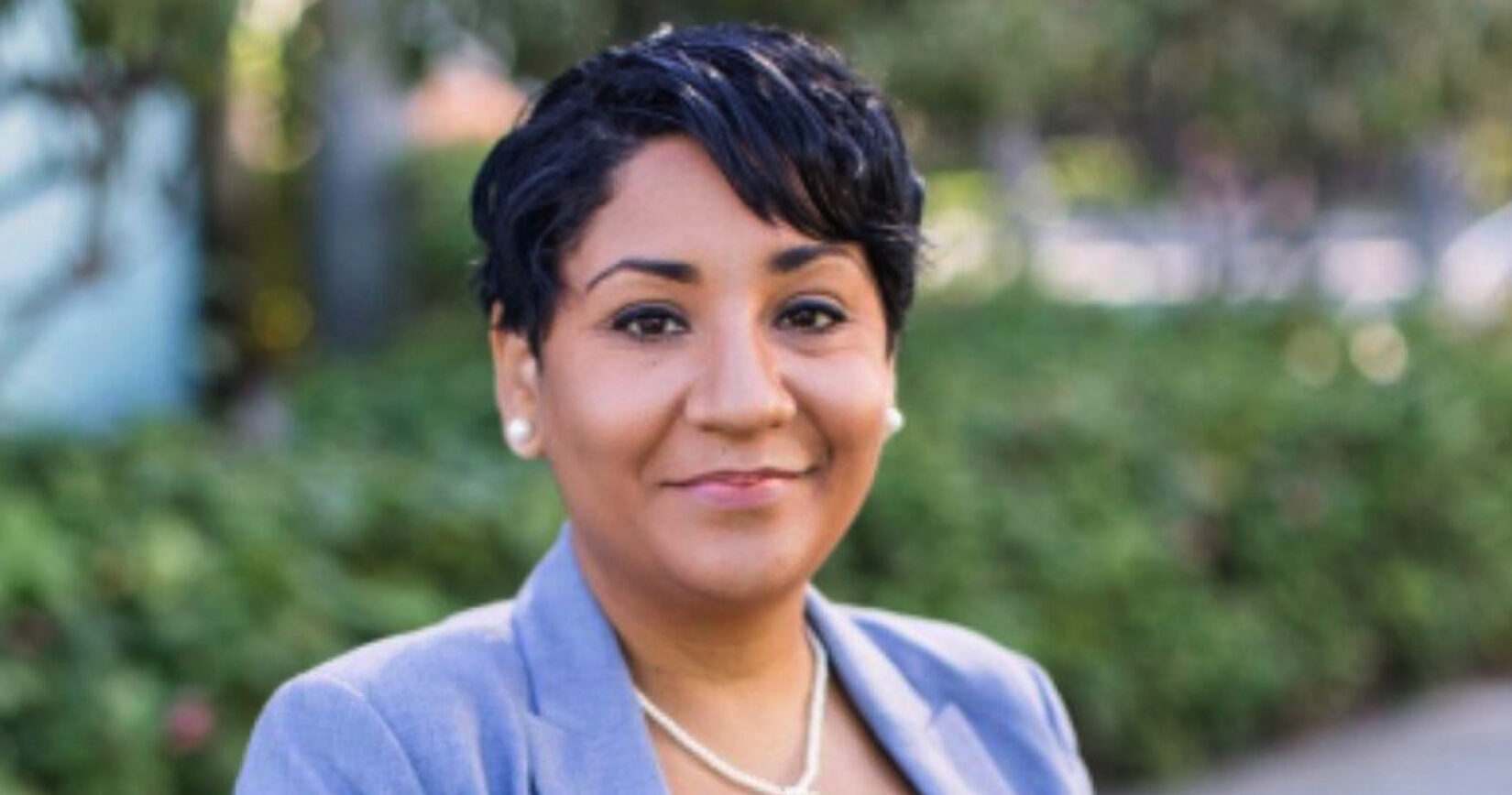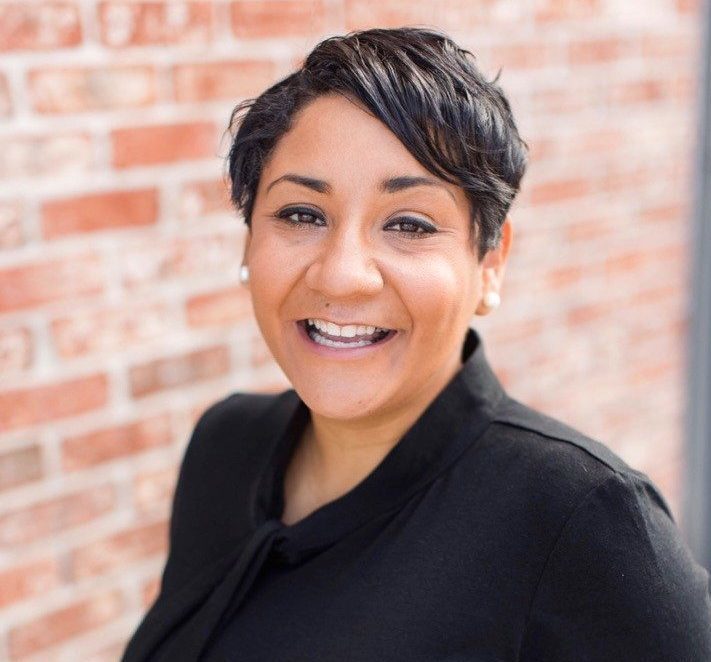
Cindy Serrano Roberts is a senior leader and Military Gender Advisor in the U.S. Department of Defense — and was named 2021 Advocate of the Year by the United Nations Association of the United States of America (UNA-USA). As she climbs the career ladder, she is intentional about not leaving others behind. Instead, she embodies the belief that girls and women should be #EqualEverywhere by extending a hand to underrepresented voices and ensuring they too have a seat at the decision-making table. Read on to learn how she’s creating space for more women in the U.S. Department of Defense.
What does #EqualEverywhere mean to you?
It means that every woman and girl has equitable access to the same resources and opportunities that their male counterparts have.
How do you advocate for equal rights for girls and women?
I advocate for equal rights in practical ways through the daily decision-making support and guidance I provide to senior leaders and colleagues with the Defense Department. Whether it means realigning gender imbalances in public decision-making spaces or elevating voices around me, I am intentional about creating opportunities that invite more women into leadership roles. Identifying and revamping processes that are rooted in subjectivity has been another way that I have worked to uphold and advance equal rights in my sphere of influence. That includes advocating for objective recruitment processes to identify an employee for promotion to key leadership positions rather than relying on word-of-mouth recommendations. It also looks like appointing three or more hiring managers to sit on a board and review resumes of all nominees, rather than leaving the hiring decision to one person without any accountability or discussion. Approaches like this reduce bias in talent management, ensure competitive and equitable opportunities that cast a wide net, and tap into broader, more diverse talent pools.
What motivates you to do this work?
My passion for gender equality has increased as I have become more senior in my career, and I see fewer and fewer women and women of color in leaderships positions. The lack of representation eliminates voices that could lend great value to an organization. Every time I see an opportunity to elevate another voice around me, I’m reminded of the necessity of being a champion for gender equality — and I seize it.
How has your experience with gender discrimination shaped your work to advocate for girls and women?
My experience with gender discrimination has allowed me to really appreciate the necessity of inclusivity firsthand. As a leader, it has made me more aware of how a sense of belonging within teams contributes to an individual’s self-worth, and provides validation of his or her unique contributions to goals. I have also learned how to effectively address leadership practices that disproportionately impact women and families, and in turn, how they can contribute to the organization. By learning how to present these connections to colleagues, I have found a great deal of support from allies who had been unaware of discriminatory policies or practices.

What are the main challenges you experience in your work to advance gender equality?
I have found that knowledge gaps vary across generations when the topic of gender equality or feminism comes up in conversation. Whether we’re talking about hiring practices, or what constitutes appropriate comments or discussions, I have found different ways of thinking and values depending on which generation I’m speaking to. In response to the varying opinions on what gender equality looks like, I have found that codifying equitable hiring practices, promotion opportunities, and even recognition is the most effective way to educate employees and turn the tide on some of these challenges.
Additionally, creating an environment where there is psychological safety — a feeling of belonging — is a critical factor when addressing social and cultural norms that counter women’s innate right to a fulfilling career and the pursuit of equality. It will be difficult to create change if male counterparts aren’t also willing to participate in these important discussions in a collaborative working environment.
What progress are you seeing as a result of your work?
Within the Department of Defense, there have been sweeping policy changes to reshape cultural norms as well as discussions around gender equality at the highest levels of government. As a Military Gender Advisor, I have seen these discussions encourage other countries to take greater strides in closing gaps between their policy and culture. When equality is put into practice, we see more women participate in our communities, work centers, and public decision-making spaces. Ultimately, this progress is shaping the way countries are working together to increase global security.
What progress are you seeing in the wider gender equality movement?
As a result of the gender equality movement, I am seeing more public conversations happening across the private and public sectors that highlight where inequalities exist within global security issues. By communicating the adverse impacts that these gaps have on women and girls and the correlation to economic, agricultural, and security concerns, leaders have a better view of how to address and mitigate the burdens affecting half of their population. Furthermore, I am seeing more collaborative, inclusive approaches in how we tackle climate change and its effects, which transcend racial, ethnic, and geographic boundaries, and disproportionately impact women.
 BACK TO STORIES
BACK TO STORIES